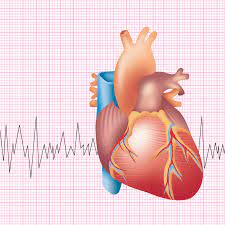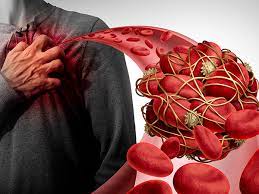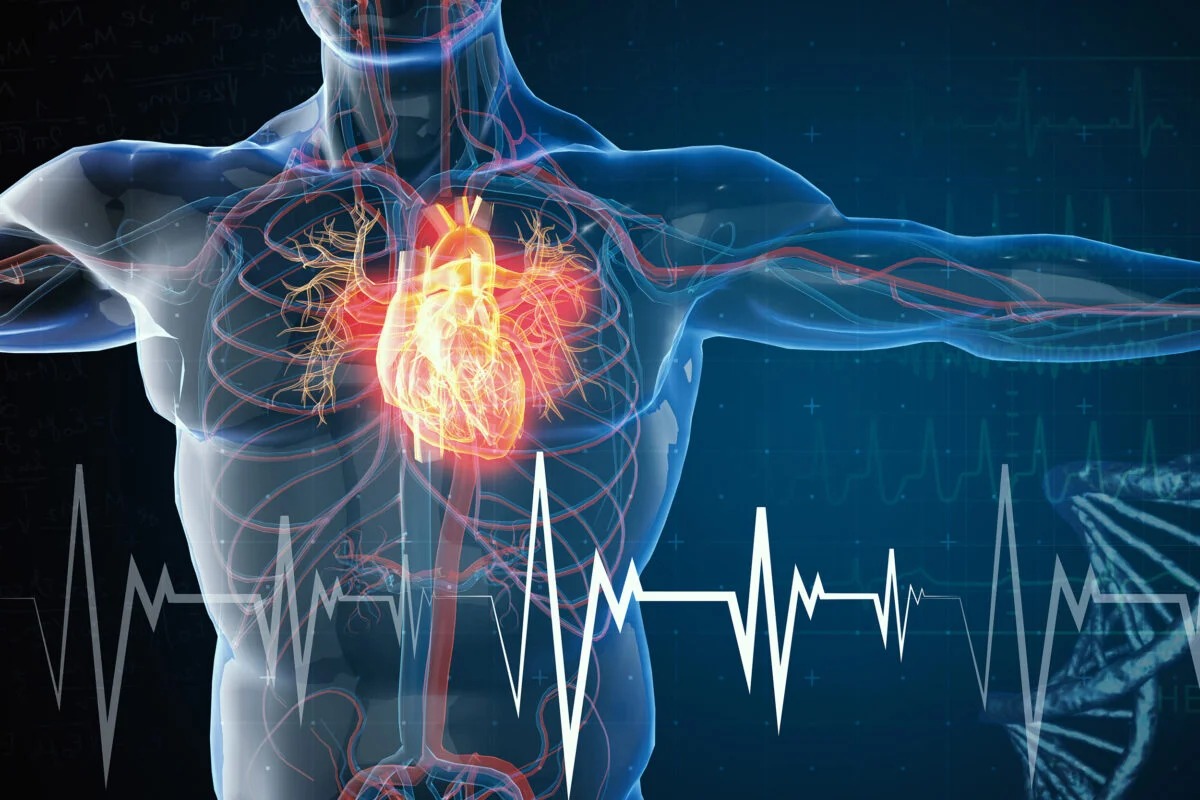It is critical to preserve our hearts, and we do not mean metaphorically. The heart is the body’s lifeblood—the reason your brain receives oxygen to think, the reason your limbs are working, and the reason you live another day. However, heart disease is the leading cause of mortality worldwide. Yet, if both illnesses are types of cardiac disease, what distinguishes them? A heart attack occurs when one of the heart’s arteries becomes suddenly blocked. This inhibits oxygenated blood from flowing, resulting in tissue death. Whereas heart failure is when the heart does not pump enough blood which is required.
Here’s everything you should know about heart attacks vs. heart failure, including symptoms, causes, treatments, and what you can do to reduce your risk and keep your heart healthy.
Symptoms of a Heart attack vs Heart failure
The most common heart attack symptoms differ significantly from those of heart failure. While chest pain is a common symptom of a heart attack, so are chest pressure, tightness, hurting, or a squeezing sensation that spreads through the left arm or into the jaw.

- Advertisement -
This is especially true for women, who are more prone to nausea or indigestion, cold sweats, and extreme, unexplained exhaustion. Shortness of breath, as well as lightheadedness or sudden dizziness, can be warning signs. Shortness of breath is the most prevalent heart failure symptoms, particularly during movement.
When the heart stops beating adequately, fluid builds around the lungs, causing you to feel breathless and, in later stages, to experience swelling in the legs, ankles, or feet.
Additional potential heart failure symptoms include a chronic cough, abdominal swelling, rapid, unexplained weight gain from fluid buildup, nausea, loss of appetite, difficulty concentrating, and a rapid or irregular pulse.
Differences between a heart attack and a heart failure?
A number of factors have been linked to an increased risk of heart attack and heart failure. This includes metabolic variables such as high blood pressure, high cholesterol, high blood sugar, and obesity. Consuming heart-harming chemicals, such as smoke, has also been associated to both problems.
The following are the most significant risk factors for a heart attack:

- Age (45 years or older)
- Insufficient physical activity
- A high salt or trans fat diet
- Cigarette usage or excessive alcohol consumption
- Diabetes or high blood sugar levels
- Hypertension or high cholesterol
- Family history of heart attacks
- Extreme strain
- Autoimmune diseases
A heart attack might be a substantial risk factor for developing heart failure. This is because an attack can harm the heart, causing it to pump less efficiently. Individuals who have had a heart attack are considerably more likely to develop the types of heart failure that cause the heart muscle to not compress tightly.
Additional common risk factors that might weaken the heart and contribute to heart failure are as follows:

- Coronary artery disease (CAD)
- Hypertension or high cholesterol
- Heart valve damage
- Muscle damage in the heart
- Muscle inflammation of the heart
- Heart abnormalities
- Heart rhythm irregularities
- Clots of blood in the lungs
- Cigarette usage or excessive alcohol consumption
- Viral infections or diseases that are severe
- Diabetes
How is a heart attack treated differently than heart failure?
Should you notice any troubling symptoms, such as new chest discomfort, shortness of breath, or a very high heart rate, you should take them seriously and go to the emergency department.

A heart attack is a medical emergency at all times. Heart failure, on the other hand, normally takes time to progress to its worst phases. Yet, persons with early heart failure symptoms sometimes begin to reduce their activities without recognizing it, so by the time they seek treatment, they require fast attention. Medication is the primary mode of treatment for heart failure.
How to Maintain Heart Health
While you can’t change all of the risk factors for a heart attack or heart failure, there are a few critical things you can do to lower your risk.

- Discover a form of movement that you enjoy- Exercise: Even if you’ve previously had a heart attack or been diagnosed with heart failure, moving your body and working your heart is beneficial. Doing up to 150 minutes of moderate-intensity exercise per week, ideally with at least two days of strength training, will enhance your heart health dramatically. Moderate-intensity exercise includes taking a quick stroll, swimming, cycling, and playing tennis.
- Strive to eat nutritious meals- You don’t have to eliminate major food groups to eat a diet that promotes cardiovascular health. Aim to include colorful fruits and vegetables as well as fiber-rich grains on your plate; avoiding extra sodium, added sugar, and alcohol can also be beneficial.



